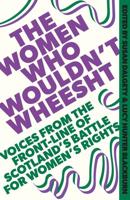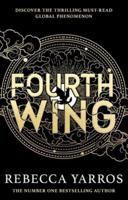Publisher's Synopsis
Despite its antagonism towards the cognitive claims of metaphysics, the positivism popularized by Auguste Comte in the nineteenth century often expanded into a universalizing scientism, whereby natural-scientific methods were transposed to the examination of human history, culture, and society at large.3 Given this imperialist tendency, it is both ironic and suitable that one of the major challenges posed to the Baconian epistemology adopted by positivism-namely, Albert Einstein's Theory of Relativity-seemed to reverberate within all realms of academic study and creative endeavor in the following century. Published in 1905, Einstein's "On the Electrodynamics of Moving Bodies" implied a relativist perspectivism decisively at odds with the empirical mode of observation widely practiced across diverse scholarly and artistic realms-from the natural sciences to the disciplines of history and sociology, and from the "experimental novels" of Naturalist authors to the plein-air paintings of the Impressionists.4 Whereas practitioners in these realms had assumed the position of fixed, detached observers whose viewpoint was separated from the external world, Einstein's theory suggested a more decentered, spatiotemporally dynamic, and non-absolute relationship between subject and object. Such a relativist form of interaction, as I hope to demonstrate in this chapter, found expression in both the modernist films and historicalphilosophical debates of the Weimar era

























